Immune-Shroom: Naturally support your Immune System
Immune-Shroom is a brand new dietary supplement that provides comprehensive support for the immune system and helps nourish your defences.
If you struggle with seasonal illnesses such as colds and flu, lack proper recovery between workouts, or simply want natural year-round nutritional support for your body, then Immune-Shroom is for you.
This is because Immune-Shroom capsules harness the power of nature through a combination of 18 well-researched natural ingredients..
These include a blend of 3 super-food mushrooms that together exhibit anti-microbial, anti-inflammatory, and cardiovascular-protective properties.
A selection of efficacious botanicals documented in Ayurvedic medicine as treatments for respiratory related illnesses.
A key combination of vitamins and minerals that provide powerful antioxidant protection and support the normal and healthy function of various cells of the immune system, including natural killer cells (NK-Cells) that help stave off pathogens.
Nevertheless, unlike some other supplements that allege to boost the immune system, we don’t claim that Immune-Shroom will enable you to instantly crush Coronaviruses, or miraculously make you impervious to infection.
Rather, Immune-Shroom is about taking control of your health through strategic evidence-based natural ingredients that are proven to support the body’s natural defences and help to strengthen normal and efficient immune system function.
Finally, the importance of vitamins, minerals, and proper nutrition for good health is often understated. In fact, one of the best ways to naturally boost the immune system is through good nutrition.
To put this into perspective, we quote Albert Szent-Gyorgyi, Nobel Prize in Physiology or Medicine, 1937. "A vitamin is a substance that makes you ill if you don't eat it."
With that in mind, we’re absolutely sure Immune-Shroom will benefit you.
Directions of use:
Take one serving per day with water preferably after food.
| Serving size: 2 vegetable capsules
Servings per container: 30 |
DNA Lean Immune-Shroom
Amount per serving |
| Vitamin C (as Ascorbic Acid) | 160 mg |
| Zinc (as Zinc Picolinate) | 15 mg |
| Vitamin E (as D-Alpha Tocopheryl) | 100 IU |
| Vitamin B6 (as Pyridoxine HCL) | 3 mg |
| Vitamin A (100% as Beta-Carotene) | 5000 IU |
| Selenium (as Sodium Selenate) | 55 mcg |
| Vitamin D3 (as Cholecalciferol) | 1000 IU |
| Reishi Mushroom Powder (Ganoderma Lucidum) | 300 mg |
| Trametes Versicolor (Turkey Tails) | 250 mg |
| Cordyceps Sinensis (Mycelium) | 250 mg |
| Echinacea (as Echinacea Angustifolia) | 200 mg |
| Astralagus Root (as Astralagus Membranaceus) | 100 mg |
| Olive Leaf Extract | 100 mg |
| Garlic Extract | 50 mg |
| Goldenseal Root (Hydrastis Canadensis) | 50 mg |
| Bioperine® | 10 mg |
| Natural Source Lutein (as Marigold Prep) | 5 mg |
| Natural Source Lycopene (as Tomato Prep) | 5 mg |
Vitamin C
It is widely accepted that vitamin C is important for the immune system, and is particularly beneficial for cold and flu sufferers. This is partly due to its ability to support the intestinal epithelial barrier function that protects the body against pathogens. Additionally, vitamin C has other modes of effect in protecting the body against disease. It can act as an electron donor, thus providing potent anti-oxidant protection against free radical cellular damage, and is also known to promote proliferation of B- and T- immune cells that help fight infection.
Zinc
The direct correlation between zinc and immune system function is well-established. In fact zinc deficiency consequently leads to suppressed immune function. This is because zinc is a regulator of nearly all aspects of innate and adaptive immunity because of its effects on T-cells, B-cells, NK-cells, neutrophils, and monocytes. Simply put, maintenance of a healthy zinc stasis results in optimal host defences, decreased risk of inflammation, and improved overall well-being.
Vitamin E
Vitamin E is a fat-soluble compound that exhibits strong anti-oxidant properties with the ability to protect cell membranes from oxidation and thus helps preserve cellular integrity and function. Furthermore, vitamin E is also known to modulate immune system function through its influence on the various cells of the immune system, including macrophages, dendritic cells, and natural killer (NK) cells. Interestingly, vitamin E is also known to attenuate decreased cellular immunity in the elderly, and therefore may be even more beneficial in supporting the immune system in the aged.
Vitamin B6
Malnutrition is a significant driving-force behind suppressed immune system function. A good example of this can be found in cases of vitamin B6 deficiency, which is shown to impair various aspects of the immune system and is associated with weakened immunity. As a result maintaining a healthy vitamin B6 homeostasis plays an important role on the efficacy of immune system responses and function.
Vitamin A
Vitamin A is a potent antioxidant and anti-inflammatory. It is generally accepted as being vital for maintaining proper health, including cell growth and in particular the maintenance of optimal eye function. With regard to the immune system, vitamin A has demonstrated therapeutic effects in treating various infectious diseases through its regulatory roles in immune responses and its ability to ameliorate inflammation.
Selenium
Selenium is an essential mineral with impressive anti-oxidant capabilities. Its incorporation into biologically active peptides known as seleno-cysteine, plays a crucial role in regulating anti-oxidant function (redox status) in nearly all areas of the body. As a result of inclusion in to seleno-proteins, selenium acts as a donor of the amino acid cysteine; a rate-limiting factor of glutathione synthesis. Glutathione is the body’s master antioxidant and has a profound effect on the lymphocyte cells of the immune system, which favour high levels of glutathione for proper function. Selenium is therefore able to strongly influence inflammatory and immune system responses.
Vitamin D3
Despite vitamin D being referred to as a vitamin, technically its status is a hormone because it is synthesised endogenously by the body and transported via the blood to different tissues where it elicits a particular response. Biological-science now accepts that vitamin D has a whole manner of important roles other than its traditionally understood effects on calcium and bone formation. It is now known that the vitamin D has Immunomodulatory effects on various components of both innate and adaptive immune responses. Furthermore, deficiency is associated with significant increased risk and susceptibility to infection.
Reishi lingzhi Mushroom
The Reishi mushroom, named in Latin as Ganoderma Lucidum (G. Lucidium), also known as the “mushroom of immortality”, is a kidney shaped mushroom with a distinctive orangey-red colour and a shiny lacquered finish on the top outermost side.
Of all the known species of mushrooms, Reishi mushrooms are amongst the most researched in the world. Laboratory analysis of these mushrooms has identified an array of intriguing compounds, including; triterpenes, bio-active proteins, polysaccharides, lectins, enzymes, vitamins, and minerals.
In ancient times Reishi mushrooms are believed to have had a vast spectrum of application, including the relief of respiratory illness such as coughs and asthma, and also as a tonic to promote good health.
Today there is a substantial and growing-body of evidence documenting the immunomodulating properties of Reishi mushrooms via the activation of cytokines and the enhancement of immune cell responses (Wang et al. 1997; Zhu and Lin 2006).
Trametes Versicolor Mushroom
Trametes Versicolor is a ubiquitious medicinal mushroom commonly referred to as Turkey Tail because of its apparent Turkey tail like shape and feathered colouring. Traditionally, Turkey Tail mushrooms are used to help alleviate health conditions such as cold and flu, to stave off infections, and to improve digestion.
Trametes contains a wide spectrum of nutrients, including minerals, vitamins, antioxidants, Beta-glucans (polysaccharides), and other biologically active compounds.
With regard to the immune system, Turkey Tail mushrooms have a range of notable stimulating properties that positively affect various cells of the immune system, including natural killer (NK) cells, macrophages, and T cells.
Cordyceps Sinensis
Cordyceps are a genus of fungi that are particularly abundant in humid environments such as the tropical forests of Thailand. Collectively, the long slender stems and club like heads of the Cordyceps contain an array of well-documented bioactive compounds.
Traditionally in Chinese medicine, Cordyceps are used to treat conditions such as kidney disease, sickness, respiratory illness, and fatigue.
Today, increasing evidence gives credence to the proposition that Cordyceps possess the ability to regulate both the innate and adaptive immune system, including cellular and humoral immunity. Additionally, it is further postulated that Cordyceps could also enhance the action of NK-cells (Ng and Wang 2005).
Echinacea as (Echinacea Angustifolia)
Echinacea, also known as coneflowers, are a genus of herbaceous flowering plants belonging to the daisy family and are native to eastern and central North America. Indigenous Americans have relied on Echinacea for hundreds of years as a natural remedy to treat respiratory tract infections and inflammatory conditions such as coughs, common colds, and bronchitis.
Now, modern science confirms Echinacea’s remedial properties with strong evidence derived from various studies supporting the immune-modulating, anti-inflammatory, anti-viral, and anti-microbial effects, thus further supporting its use as a traditional medicine (N Broumand, L Sahl, and J G Tilles 1997).
Astragalus root
Astragalus is a herbaceous perennial plant native to China, where it is known as huáng qí. In traditional Chinese medicine, Astragalus is one of the 50 fundamental herbs and is used to treat a wide variety of health conditions along with purported anti-ageing properties.
The roots contain a wide spectrum of biologically active compounds, such as triterpenoids, polysaccharides, and isoflavones.
Also found in the roots is a substance called TA-65 which may activate the enzyme telomerase; an RNA molecule that extends the lengths of the shortest telomeres.
Telomeres are caps that protect the terminals of every chromosome in every cell of the body from deterioration. In fact, shortened telomeres are associated with cellular senescence, mitochondrial dysfunction, and premature aging.
Extracts of Astragalus root are also known to possess immuno-regulatory properties, through stimulation of macrophage cell migration. It is therefore proposed that Astragalus may be effective for improving immune defences and consequently help to avoid infections (Qiaojing Qin, Jianying Niu, Zhaoxia Wang, Wangjie Xu, Zhongdong Qiao, and Yong Gu 2012).
Olive leaf extract
Leaves from the Olive tree have been used throughout the ages in Mediterranean and Middle Eastern cultures as a traditional medicine to treat a number of ailments, including respiratory infections, gout, hypertension, inflammation, and intestinal diseases.
Interestingly, lab analysis of the olive leaf has identified a wide spectrum of polyphenols (OLEs) as well as oleuropein, which are observed to elicit biological effects such as antioxidant, antimicrobial, antiviral, anti-inflammatory, antihypertensive, and gastroprotective properties.
Garlic extract
Garlic (Allium sativum) is both a food and a medicine. As a matter of fact, the health benefits of garlic have been purported for centuries. Nevertheless, only recently has garlic and its extracts (namely allicin) been acknowledged by science for its potential therapeutic applications in maintaining the immune system. Today strong lines of evidence support the purported immune stimulating capabilities of garlic through various modalities, including immunoglobulin production, cytokine secretion, and macrophage activation. That’s right; granny’s old cold and flu remedy of raw crushed garlic really did work.
Goldenseal root
Goldenseal is a perennial herb native to North America, belonging to the buttercup family and is easily distinguishable by its hallmark thick, yellow-coloured, knotted roots. Traditionally Native Americans used goldenseal root as a medicinal remedy for a whole manner of health conditions, including digestive upsets, colds & flu, and other respiratory infections.
Modern-day testing of the roots has unearthed a powerful phytochemical known as berberine. Numerous studies have ascertained that berberine exhibits an array of biological properties, including not limited to, antimicrobial, antioxidant, anti-inflammatory, hypoglycemic, neuroprotective, cardioprotective, and gastrointestinal protective.
Bioperine®
Bioperine or piperine, is a standardised extract of black pepper (Piper nigrum) and is used to enhance the bioavailability and absorption of other compounds. Consequently, Bioperine has been used for over 20 years in the nutraceutical industry and is known to increase nutrient absorption across the board by at least 30%.
Lutein
Lutein is an important carotenoid; a pigment found in plants & algae, similar to beta-carotene. It is abundant in foods such as oranges, kiwis, orange peppers, sweet potatoes, spinach, broccoli, courgettes, and squash. The positive effects of Lutein on eye-health are well-documented and well-reported; however Lutein is also known to benefit the immune system via potent antioxidant and anti-inflammatory activities.
Lycopene
Lycopene is another carotenoid compound found in abundance in tomatoes, of which their bright, rich, red colour is attributed. As with other carotenoids, Lycopene is a free-radical scavenger, possessing strong antioxidant protection against oxidative destruction. Subsequently, Lycopene is able to attenuate systemic inflammation, but is also noted to support immunity via its actions on protein kinases.


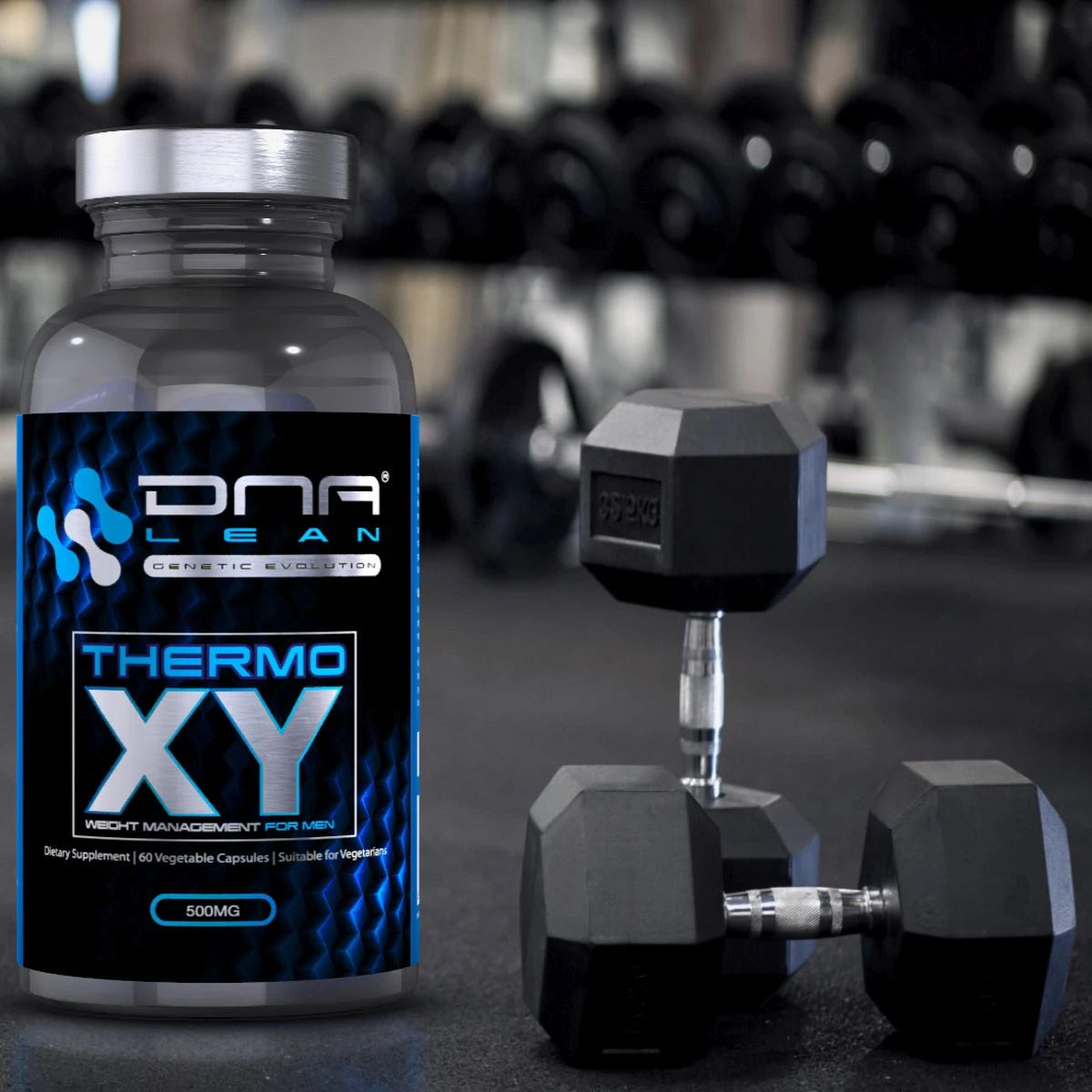
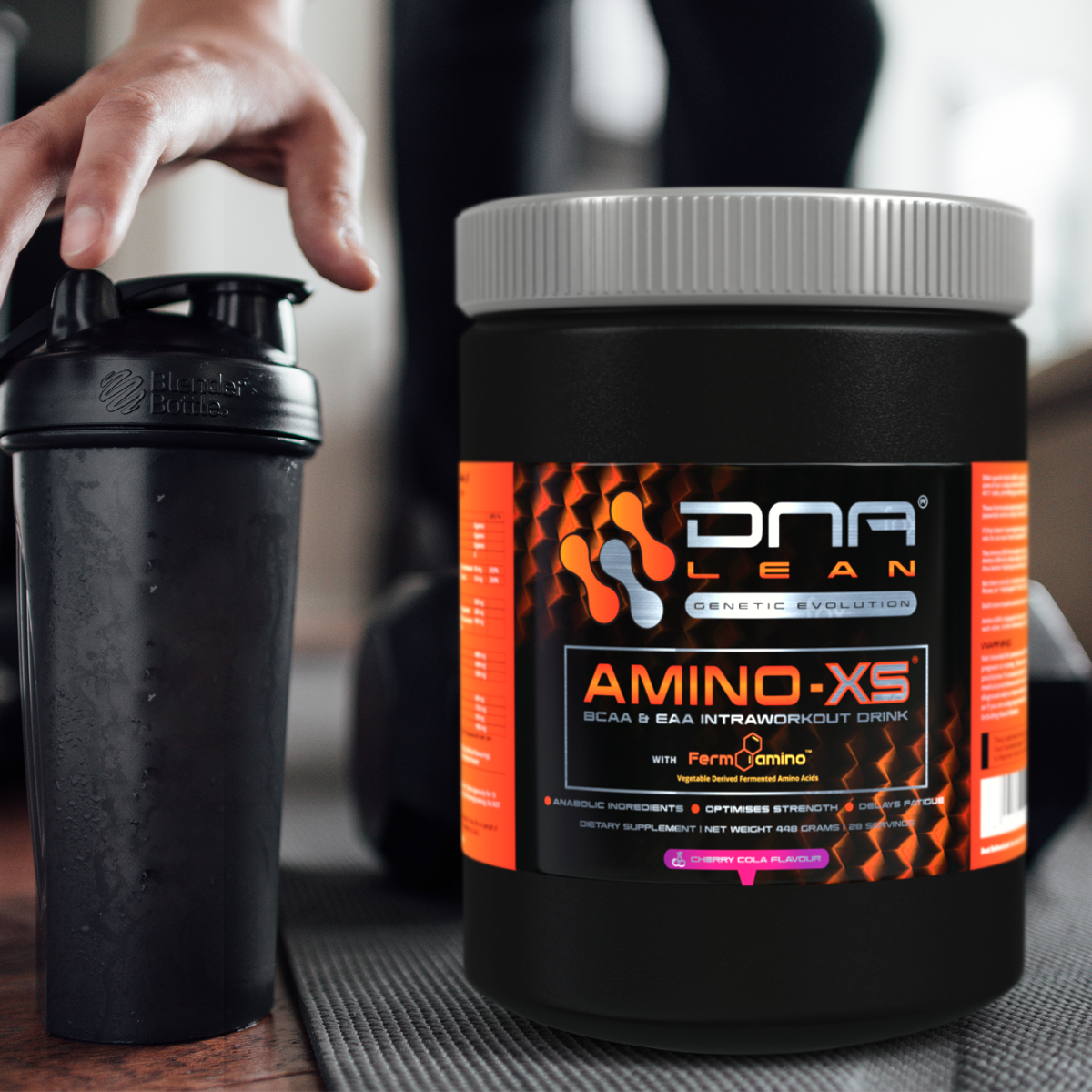

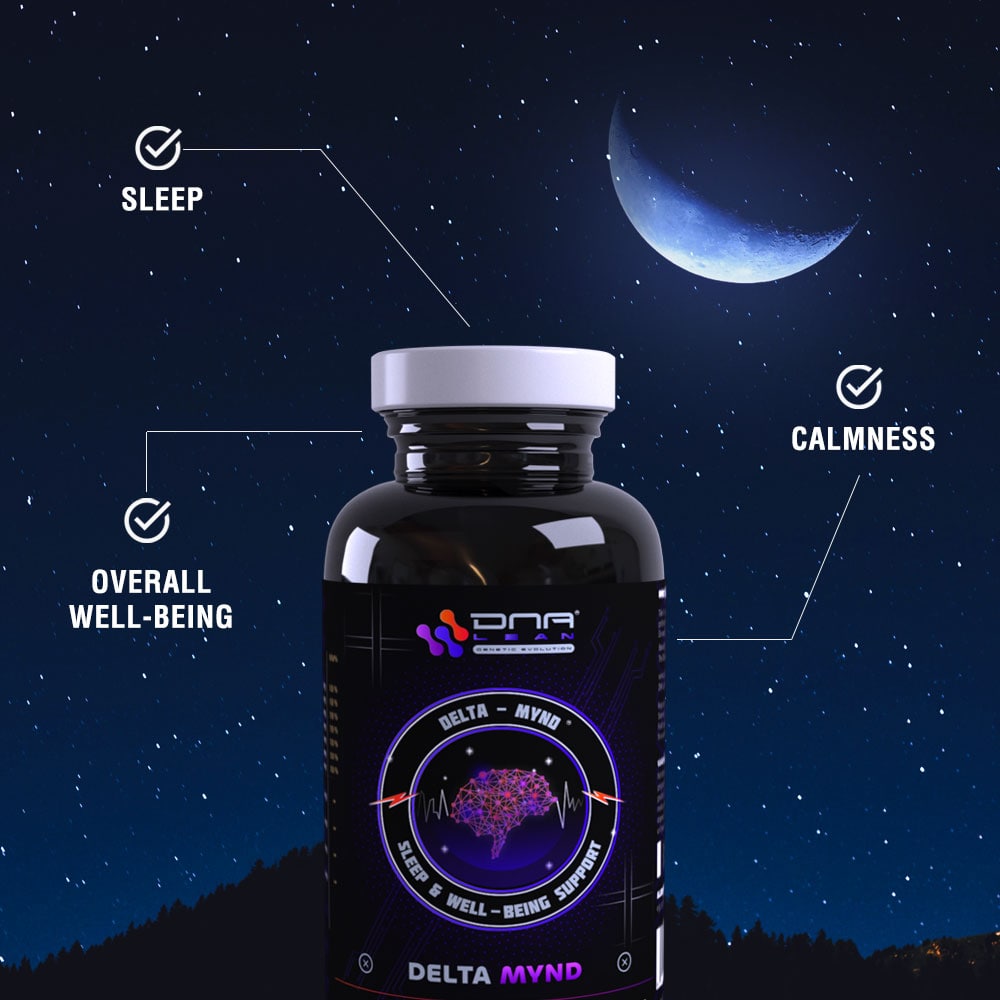


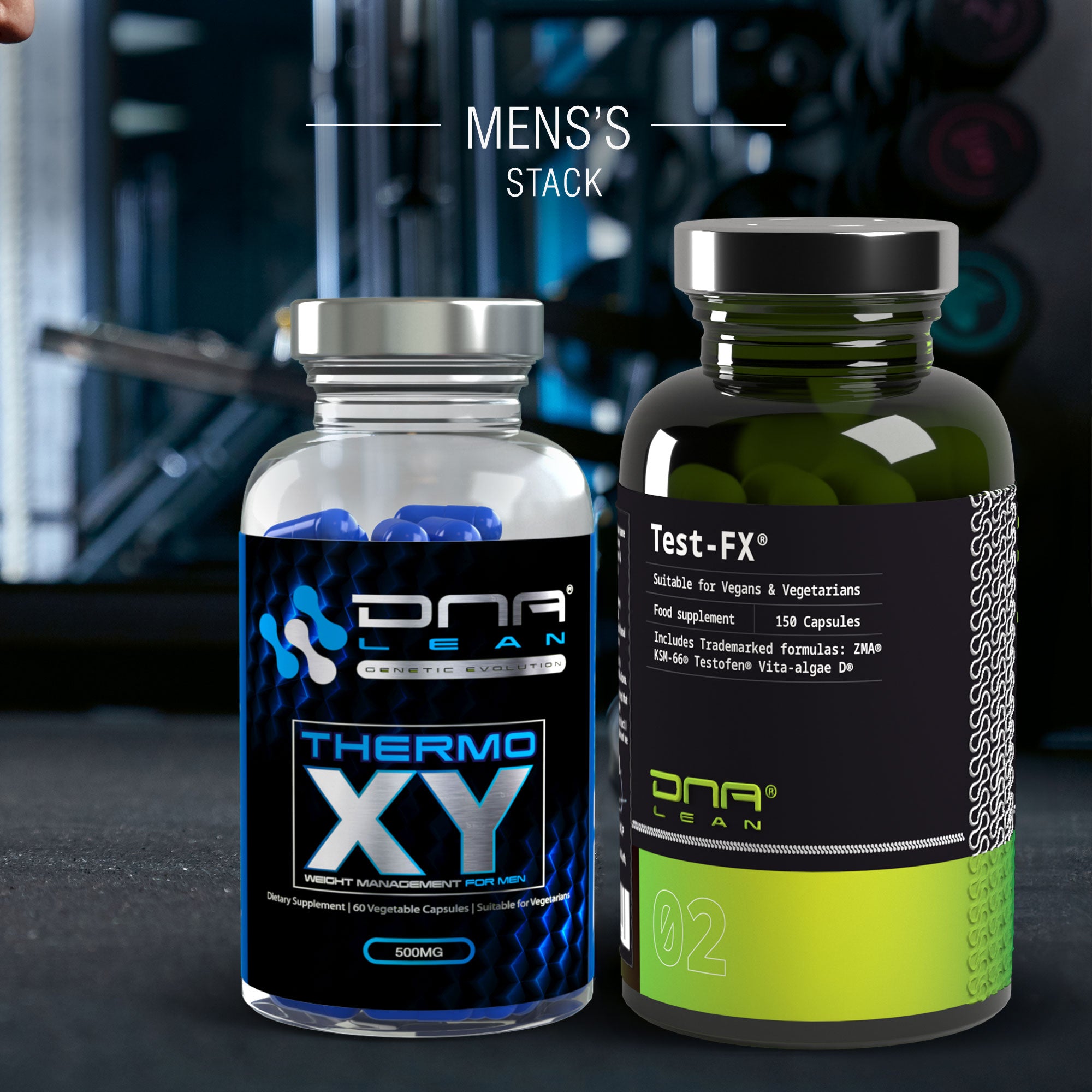
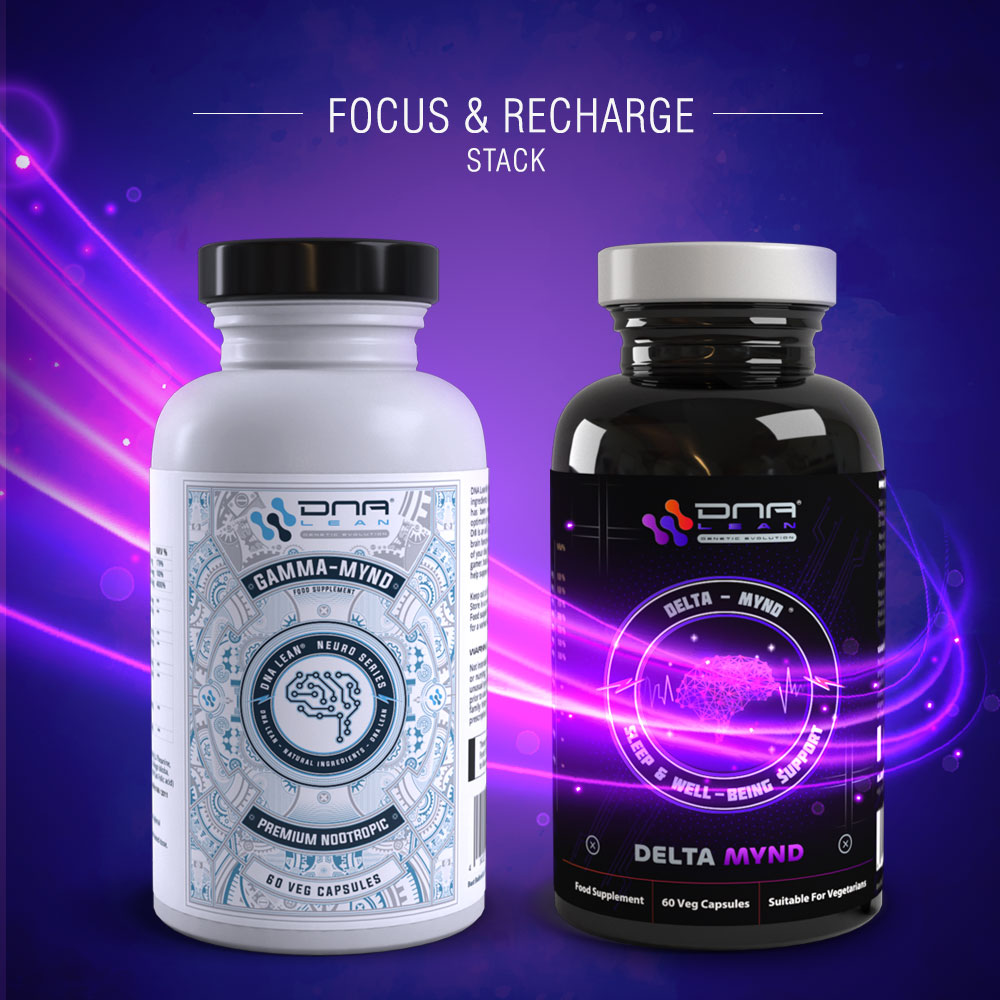
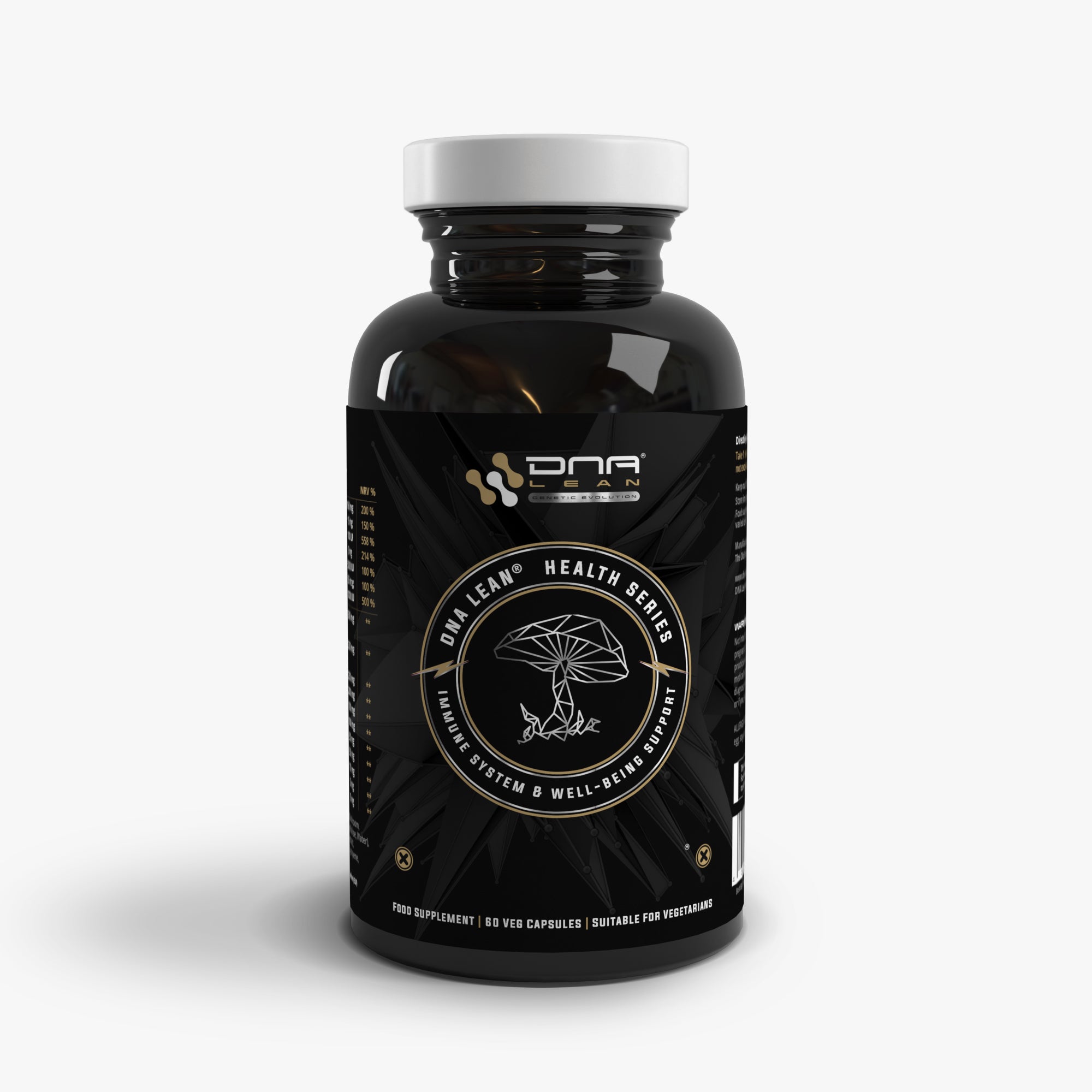
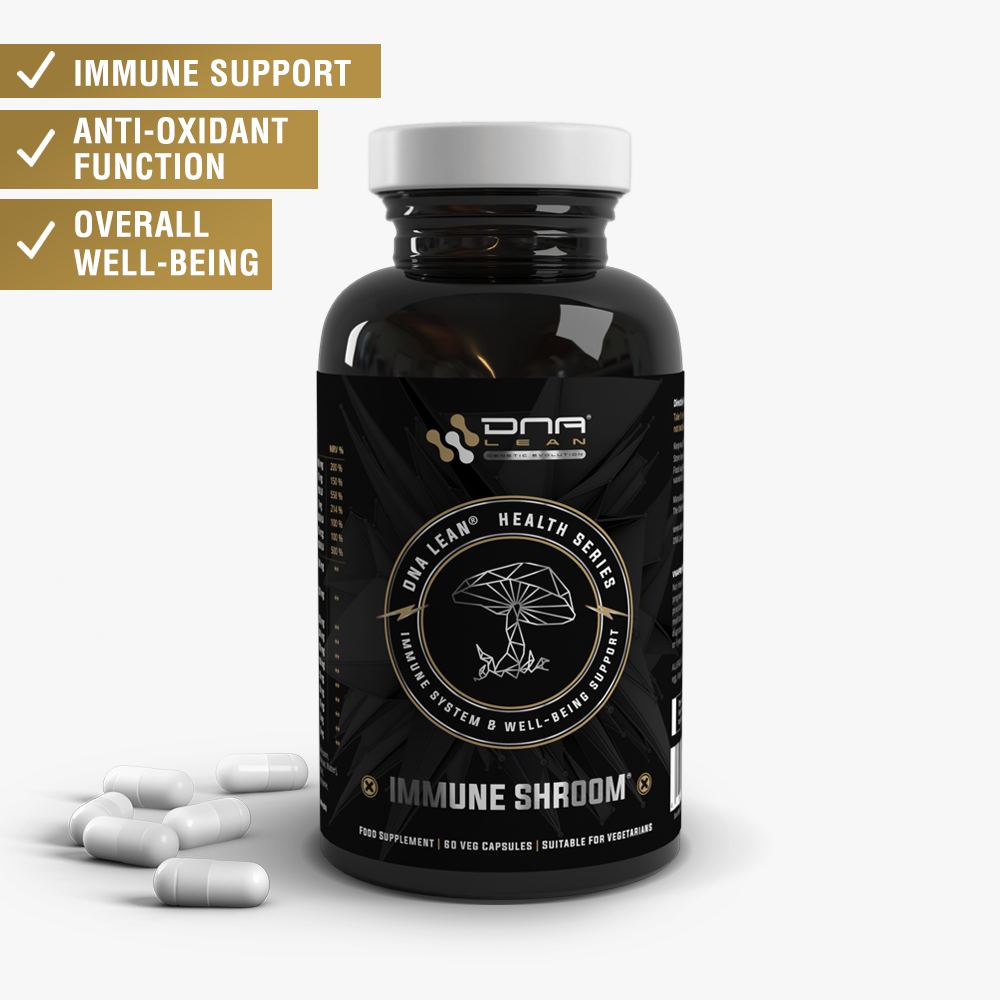
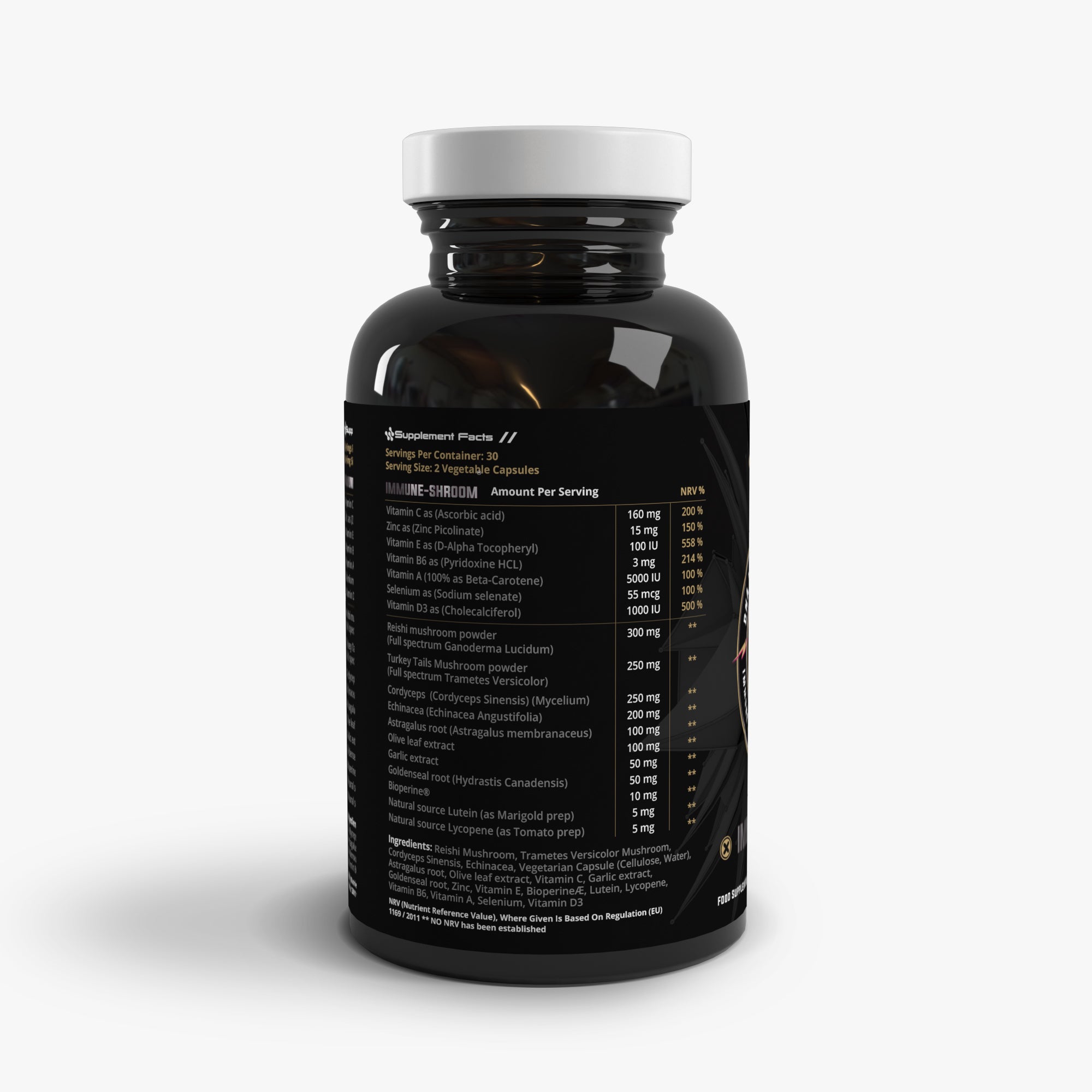
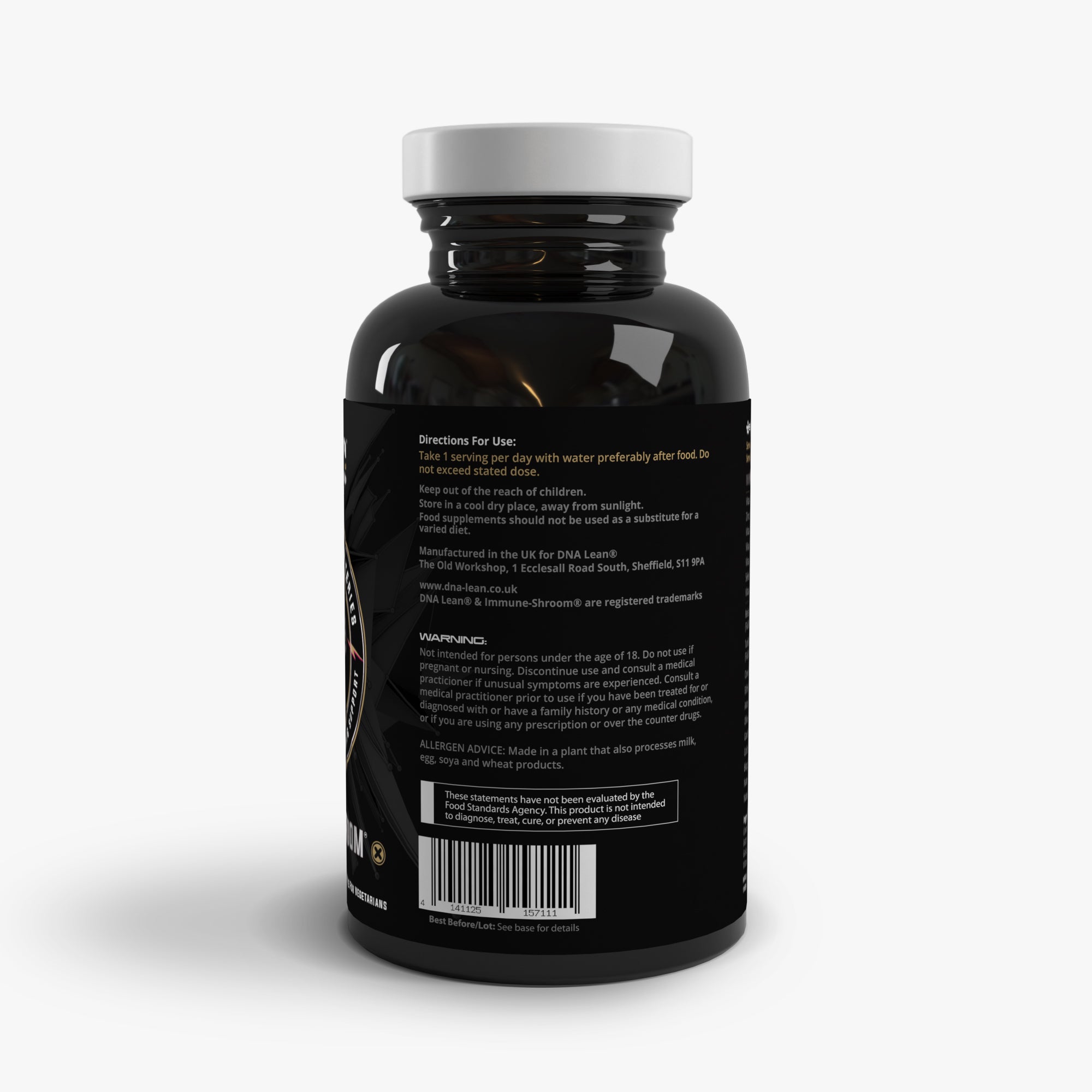
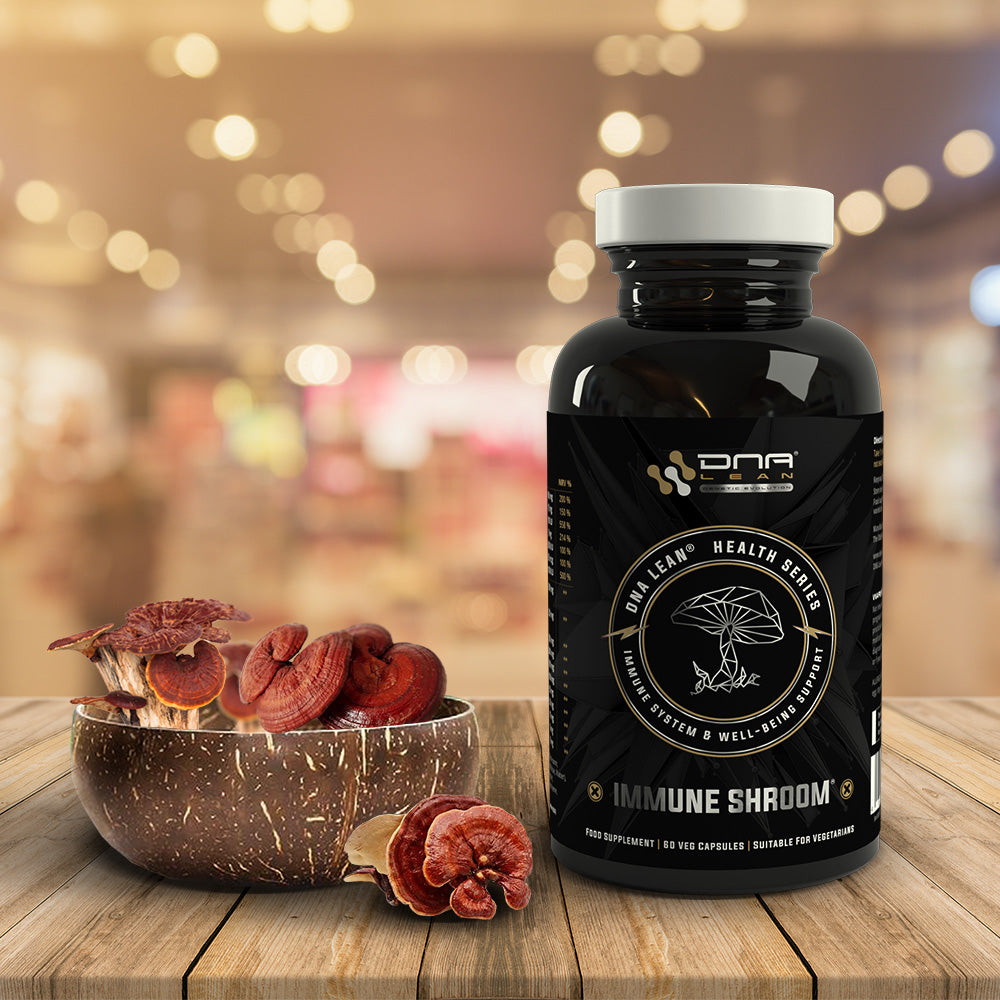
 USD
USD
 EUR
EUR